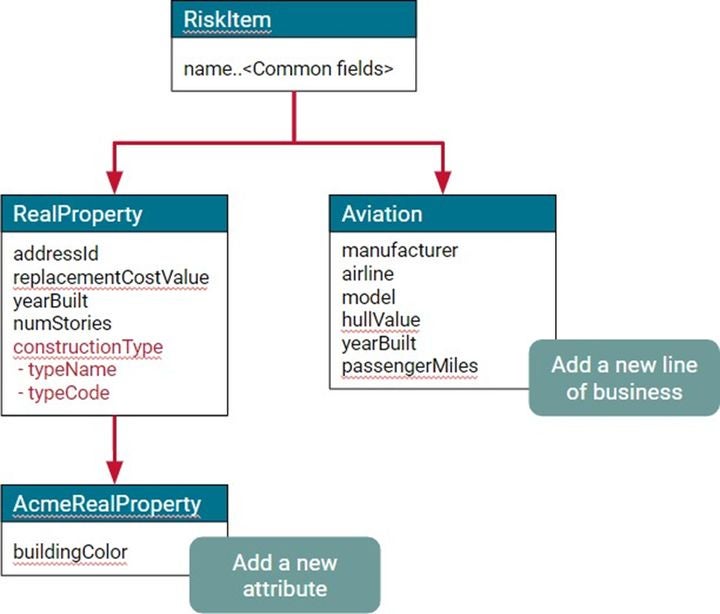It is an exciting time for the insurance and wider risk management industry. As of January 31, a new asset for the industry – the Risk Data Open Standard (RDOS) has been made publicly available on GitHub, the largest host of source code in the world, with over 100 million repositories and over 37 million users. It is available royalty-free to the public. The RDOS represents a step change in how risk management data is managed and is designed to overcome and improve interoperability issues and ultimately expand business opportunities.
Released as an open source and an open standard project, this “open” approach adopted for the RDOS represents a fundamentally new and pioneering initiative for a risk industry accustomed to proprietary data standards. The industry recognizes the need for openness and collaboration to tackle data interoperability problems and increase adoption and innovation, and the “open” approach has been proven to be the best way to unlock new collaboration among industry participants. The open source method has worked successfully in many fields, especially when the problem domain is engineering a standard data exchange (like HTML or JSON) or data processing and analytics (like Hadoop and Spark).
RDOS is a “superset” of existing standards such as EDM, RDM, OED, and CEDE, that modernizes risk data into an extensible, risk model agnostic, vendor agnostic, single (unitary), and complete containment with all exposures, losses, contracts, structures and domain data in one package.
One of the major drawbacks with current data schemas is they are predominately focused on property risk – existing data models are rigid and difficult to extend to new classes of risk and associated coverage. The RDOS, in contrast, supports the capability to add new lines of business beyond property catastrophe, in a modular way that does not interfere with existing lines of business.
The extensibility of the RDOS schema also empowers open modeling and the ability to customize a personal view of risk. For instance, using the RiskItem entity (see figure below), which already includes the subtype RealProperty, this can be extended to new subtypes that represent new lines of business, like aviation, or offshore energy. Existing attributes, like RealProperty attributes, can be extended to define new attributes that may support advanced analytics or other internal system operations.

With the RDOS, you are not restricted to a particular database technology, it is a logical data model, meaning that it provides schema specifications and business rules to standardize the data model independent of a specific database technology. You are free to choose the database solution that best meets your organization’s needs, depending on your access patterns, performance requirements, and scaling needs. Users can select from several technology options, including Object-Relational, Relational or a simpler Interchange format such as JSON.
How to Get Started with RDOS
It is simple to access the RDOS, register to create an account with GitHub if you do not already have one, and use this link to navigate to the RDOS: https://github.com/RMS-open-standards/RDOS
By accessing the RDOS Repository on GitHub, you agree to an Apache Licence 2.0, which is a straightforward, widely used open source licence that grants access, usage and modification rights for private and commercial use.
To contribute to the RDOS, participants simply need to access RDOS via GitHub at this link: https://github.com/RMS-open-standards/RDOS, complete and sign the required Contributor License Agreement, and add their contribution – whether it is creating a new branch or a data subtype, implementing a new feature or fixing feature(s) as desired, and then provide comments so that others can understand your feature. The RDOS Contributor License Agreement is based on the Apache Software Foundation Contributor License Agreement, and it is necessary for providing reliable and long-lived open source projects through collaborative open source software development. In all cases, contributors retain full rights to use their original contributions for any other purpose outside of RDOS.
The ongoing development of the RDOS is being guided by the RDOS Steering Committee, which is composed of industry experts from leading companies. The committee meets regularly to review and approve/disapprove RDOS contributions that may be added to the standard.
If you are a developer, a risk modeler, a data analyst – or if you are from outside of the risk industry and want to explore the RDOS, there is a wealth of documentation available and a microsite which explain the RDOS in more detail. If you are already familiar with working on open standards, please explore via GitHub, and come join the party – it is time to create something amazing together.




